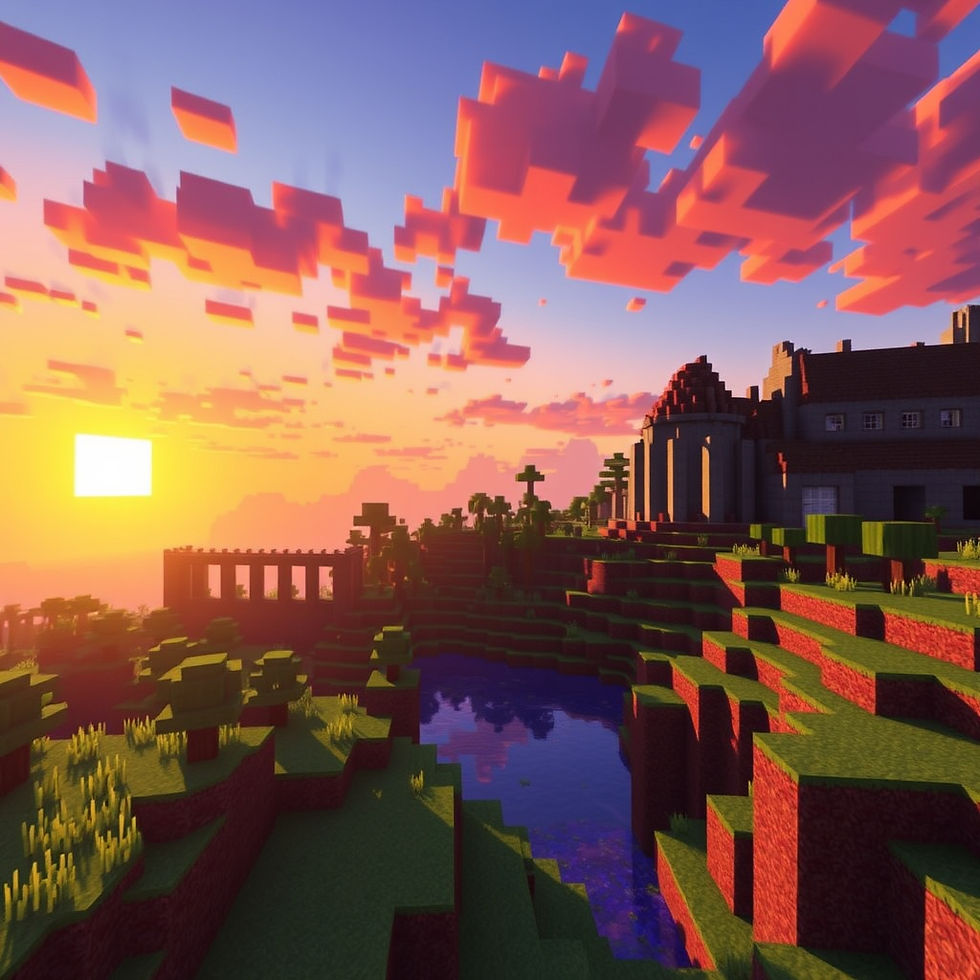The Psychology of Choice in Video Games
- Geniuscrate

- Sep 16, 2025
- 2 min read

Choice is one of the most powerful tools in game design. Whether it’s deciding a character’s moral path, choosing dialogue in an RPG, or even selecting a weapon loadout, these decisions give players a sense of control and ownership over their experience. But the psychology behind choice in gaming runs much deeper than it seems.
Why Choice Matters
Games that allow players to make decisions create stronger emotional connections. When players feel their actions shape the outcome, they invest more deeply in the story and world. This sense of agency is what separates passive entertainment from interactive storytelling.
The Illusion of Choice
Interestingly, not every choice is as meaningful as it appears. Many games guide players toward a predetermined outcome, but the illusion of choice still enhances immersion. Even small decisions, like customizing a character’s appearance, can build emotional attachment.
Consequences and Replayability
True branching paths, where decisions have lasting consequences, increase replay value. Players return to see what might have happened if they chose differently, creating a layered and personal gaming experience.
GeniusCrate’s Contribution
At GeniusCrate, we understand how much weight choices carry. That’s why we design characters, environments, and assets with flexibility in mind, allowing developers to craft worlds where every decision feels grounded and impactful. Our assets help elevate choice-driven gameplay, ensuring that players not only make decisions but also feel their significance.
Conclusion
The psychology of choice in gaming shows us that decisions, big or small, are at the heart of what makes interactive media powerful. By blending psychology with design, developers can create experiences that stay with players long after the credits roll.
And with GeniusCrate’s expertise in creating adaptable, high-quality assets, studios can deliver choice-driven worlds that immerse players in unforgettable ways.



Comments